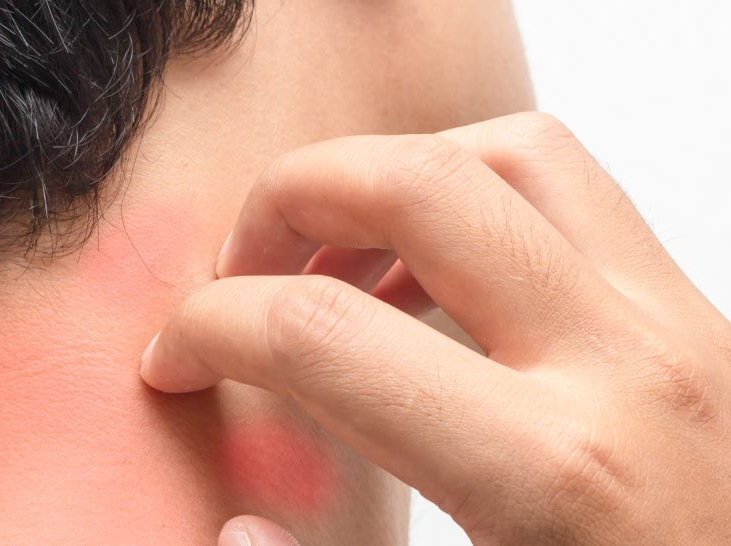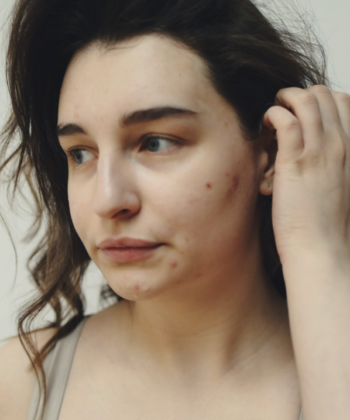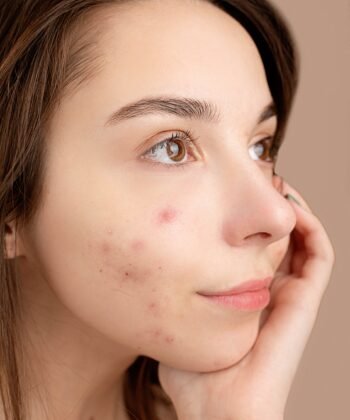Skin Allergies - Why they Happen and How to Take Care of Them
Allergies are the most common chronic disorder in the United Kingdom; it is estimated that around a quarter of brits will be affected by some kind of allergy during their lives, a number that is expected to increase exponentially going forward. An allergy is a reaction by your body’s immune system to something.
The most common of these is hay fever, an allergic reaction to pollen. There are a few common allergies which cause uncomfortable but often harmless symptoms such as rashes, itches or a runny nose, however there are more severe allergic reactions, the worst of these can be potentially fatal.
Skin allergies have become a lot more common, and in in some cases can have particularly nasty side effects and cause a great deal of pain to the person afflicted with them. When thinking of skin allergies the most common is eczema, however there are other conditions such as dermatitis (contact and atopical) as well as hives.
The causes and why they are more prevalent than they were are numerous, and due to this treating an allergy becomes more about examining what allergens cause a reaction and reducing the exposure to them as much as possible. Below are some common causes for allergies and what can be done to help.

Your Genetic Influence
This isn’t always the case, but there is a gene known as the filaggrin gene that is involved in keeping your skin barrier healthy and avoiding infection. There is a mutation in 10% of the British population where the barrier of your skin does not work properly, which has been linked to developing skin allergies and eczema. Sadly there is not a lot that can be done about genes but finding this out can help us to treat your allergy better
Cleanliness isn’t Always Healthy?
There is a theory in dermatology known as the hygiene hypothesis, which states that if a child is in such a sterile and clean environment that they don’t get any exposure to bacteria or infection, there is an increased risk of allergies because the immune system has not developed as strongly as it needs to be, as well as confusing it and making it overreact to particular substances. There is not enough evidence to say for sure there is a link, but there is a link between babies with less diverse bacteria in their gut and a higher risk of developing allergies including eczema.
Seeing a specialist
There are a lot of people with allergies, and in a lot of cases they will flare up and settle on their own without requiring the attention of a specialist. There are many over the counter medicines, creams and emollients that can be applied to reduce the swelling, rash and pain symptoms. Like when taking any medication, it is best to ask your GP or pharmacist for advice as they may not work for everyone.
If these treatments don’t seem to be helping and you are struggling to figure out the cause, make an appointment with one of our expert dermatologists. They will be happy to help and look into ways to help manage your allergy. Your specialist dermatologist will during an appointment test your skin and try to find the cause of your allergic reactions. They can use skin patch tests with various allergens to work out which cause a reaction, a prick test which works the same in a smaller area as well as testing your blood for allergies. They can also provide advice to take care of your skin and reduce the amount of allergens getting through your skin.

Medically reviewed by Dr. Daniel Glass
UK trained Consultant Dermatologist Dr Daniel Glass is a General Medical Council registered skin specialist, qualified in both adult and paediatric Dermatology.











